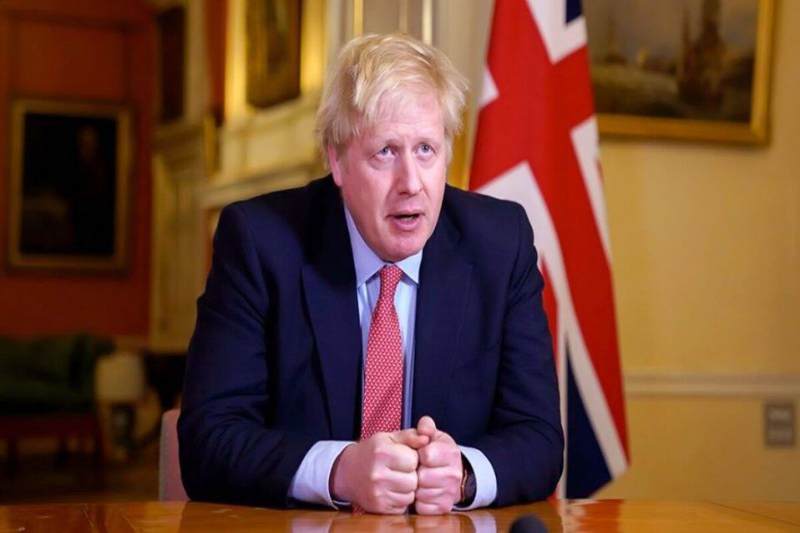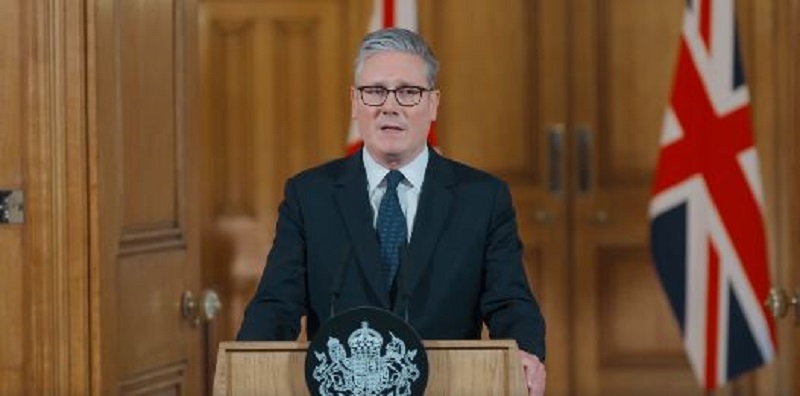
Difficult and tricky days ahead as UK adjusts to new EU rules post Brexit trade agreement
New EU Rules: UK must brace and prepare itself for days ahead full of bumps as it gets in grip with the new EU rules. Minister Michael Gove has warned the UK businesses and travelers of “practical and procedural changes” when Brexit transition period will end on December 31.
The post-Brexit trade deal was unanimously approved by the 27 EU member states, making it effective January 1 onwards. However, European Parliament will vote for the motion in January, the EU rules can be applicable provisionally. UK MPs in the House of Commons and the House of Lords are set to debate and vote for it on Wednesday, December 30.
Gove said, “The nature of our new relationship with the EU – outside the Single Market and Customs Union – means that there are practical and procedural changes that businesses and citizens need to get ready for. We know that there will be some disruption as we adjust to new ways of doing business with the EU, so it is vital that we all take the necessary action now.”
UK has urged its businesses to understand the new rules regarding import and export of goods properly, including the rules specifically for trading with Northern Ireland, and also consider how they plan to make EU trade customs declarations.
As UK is entering new trade agreement with the bloc, measures are being taken across the country to prepare for it. Scotland government has entered in new lease to use former airfield located in Dumfries and Galloway as emergency lorry park. This will be used for up to 240 vehicles in case of any disruption at Cairnryan port, near Stranraer. Traffic measures have been implemented in Wales on key road leading to Holyhead port. Travelers from Great Britain entering Northern Ieland will have to declare cash of over €10,000 or more starting January 1.
The trade deal was reached after months of negotiations and delays on key issues including fishing rights and business rules. The Brexit deal has been agreed upon few days before December 31 deadline. This would allow for trade between UK and EU without extra taxes on goods.
UK had exited from EU in 2016 after voting, and left actually on January 31, 2020. However, the leaders from both sides had until end of the year to chalk out a trade deal.
UK Prime Minister Boris Johnson said that the new trade agreement will offer new freedoms to people who might have felt left behind. But fishery sector leaders have accused Johnson, who is already walking over thin ice, of ‘caving in’ and sacrificing the interests of this sector. Labour too has called it a ‘thin deal’ that would require more efforts to protect jobs of UK people.
Chancellor Rishi Sunak reassured London that it would not be affected adversely by the deal. On the contrary he said that the government would be “doing a few things a bit differently and looking at how we make the City of London the most attractive place to list new companies anywhere in the world.” Mr. Sunak called the deal a unifying moment for the country.




